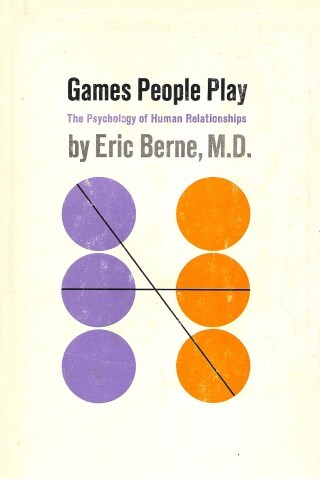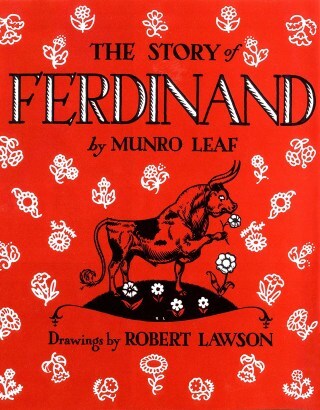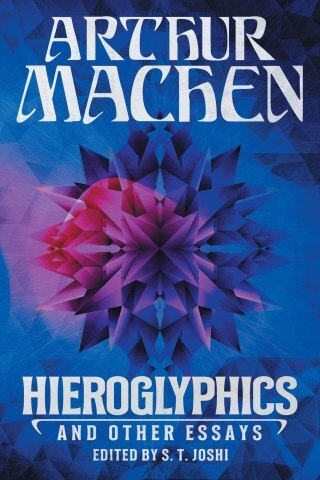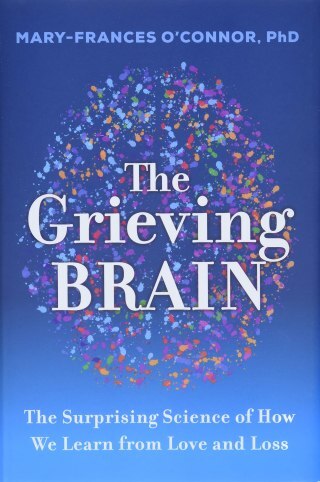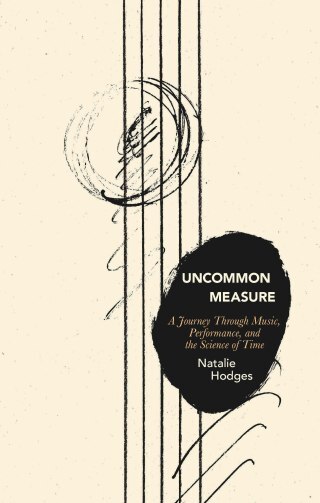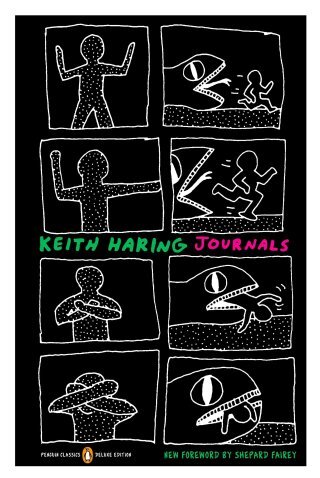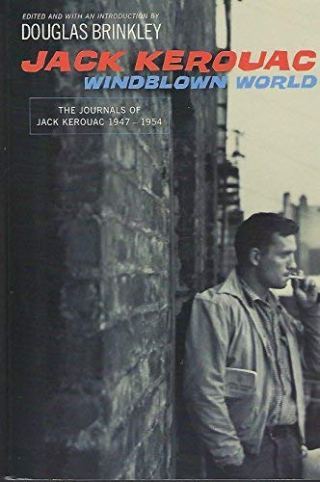Maria Popova's Blog, page 65
July 13, 2022
Chance, Choice, and the Avocado: The Strange Evolutionary and Creative History of Earth’s Most Nutritious Fruit
In the last week of April in 1685, in the middle of a raging naval war, the English explorer and naturalist William Dampier arrived on a small island in the Bay of Panama carpeted with claylike yellow soil. Dampier — the first person to circumnavigate the globe thrice, inspiring others as different as Cook and Darwin — made careful note of local tree species everywhere he traveled, but none fa...
July 12, 2022
Games People Play: The Revolutionary 1964 Model of Human Relationships That Changed How We (Mis)Understand Ourselves and Each Other
The hardest thing in life isn’t getting what we want but knowing what we want, for it requires the whole blooming buzzing confusion of knowing who and what we are — the great question we are always answering with our lives for as long as we live. ...
July 9, 2022
The Bittersweet Story of the Real-Life Peaceful Bull Who Inspired Munro Leaf and Robert Lawson’s Ferdinand
Six weeks before my grandmother was born on the other side of the world, the Brooklyn Daily Eagle announced the publication of a book described only as “a children’s story of a bull,” sold for $1.
In The Story of Ferdinand (public library), a gentle-souled young misfit sits out the perpetual head-butting by which his peers hone their bull-skills, choosing instead to smell ...
July 8, 2022
What Makes Great Art: The Single Most Important Element in Creative Work
Here is the great hoax of culture: If you are a musician with legions of fans, if you are an artist with legions of collectors and admirers, if you are a writer with legions of readers and subscribers, it is not because legions of strangers have impartially esteemed you as a staggering creative genius. It is because what you make is making the lives of legions of strangers more livable for them — nourishing some malnourished part of them, helping them c...
A Penguin’s Antidote to Abandonment
One definition of love may be that the world becomes unimaginable without the person you love. This is what makes the death of a loved one nothing less than world-shattering. But from the vantage point of the brain, a death is simply a sudden and inexplicable absence — the total erasure of the person from the mental model of the living world. In fMRI studies, the same brain circuitry lights up whenever we experience prolonged absence, e...
July 6, 2022
Improvisation and the Quantum of Consciousness
Few things in life are more vivifying than a shimmering reminder that we can still surprise ourselves — those rare moments when the urn of the self cracks and out pours something more fully alive: truer than any narrative, more authentic than any performative personhood, unfettered from identity and expectation and all the other scripts we live by.
It is both thrilling and terrifying to be so reminded that we know ourselves only incom...
July 5, 2022
The Story of the Stunning Victorian Algae Herbarium and the Eccentric Balloonist Who Awakened the Terrestrial Imagination to the Enchanted Forest of the Sea
We think of language as a vessel for conveying our ideas to other minds, a tool for framing what we see. But language is often the whetstone on which the mind hones its ideas about what it is seeing. Take the word weed. It denotes not something inherent to the plant it names but its utility to us — a term for any plant for which n...
July 4, 2022
Keith Haring on Our Resistance to Change, the Dangers of Certainty, and the Root of Creativity
“It is almost banal to say so yet it needs to be stressed continually: all is creation, all is change, all is flux, all is metamorphosis,” Henry Miller wrote as he contemplated humanity’s future. And yet it does need to be stressed continually, because coursing through us is the fundamental paradox of our humanity: our longing for permanence amid a universe governed by entropy — the great source of our existential restlessness and our creat...
July 3, 2022
July 3, 1947: The Young Jack Kerouac Coins “Beat” While Grieving His Father
The youngest of three children in a working-class family, Jack Kerouac (March 12, 1922–October 21, 1969) yearned to be a writer by the time he was ten. He began keeping a journal at fourteen and never stopped. Everywhere he went, he carried a spiral notebook or a railroad brakeman’s ledger. He called the journals his “work-logs,” “mood logs,” “scribbled secret...
June 3, 1947: The Young Jack Kerouac Coins “Beat” While Grieving His Father
The youngest of three children in a working-class family, Jack Kerouac (March 12, 1922–October 21, 1969) yearned to be a writer by the time he was ten. He began keeping a journal at fourteen and never stopped. Everywhere he went, he carried a spiral notebook or a railroad brakeman’s ledger. He called the journals his “work-logs,” “mood logs,” “scribbled secret...

